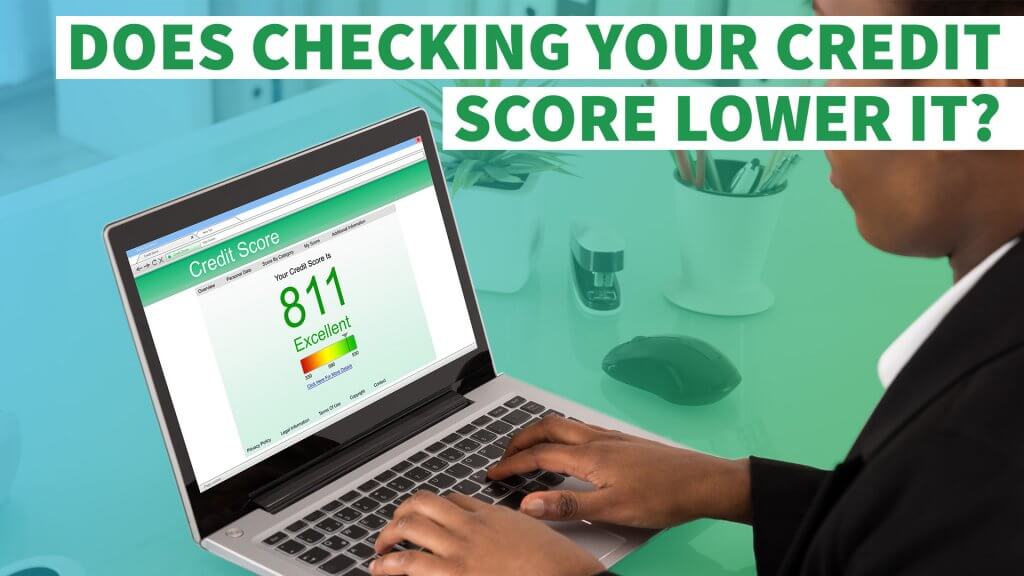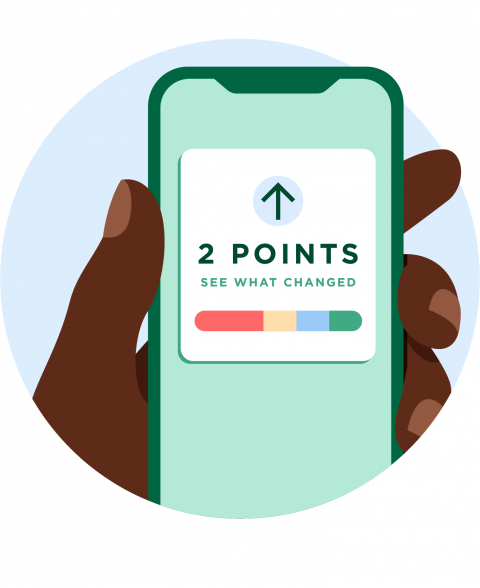
When does checking my credit score lower it?
“Hard pulls,” or “hard inquiries,” are the kind that can cost you points. They take place when someone checks your credit in order to determine whether to grant you new or additional credit. These difficult questions shouldn’t be asked without your knowledge or permission.
The free credit report summary provided by NerdWallet is updated every week and allows you to review your hard inquiries. Also, you can visit AnnualCreditReport.com to view your free weekly credit reports. com to find out who has viewed it over the previous two years.
According to FICO, the company that created the most popular scoring formulas, a hard inquiry could cost you up to five points. A hard inquiry will probably cost even more if VantageScore, a credit scoring model that is becoming more and more popular, is used.
On the other hand, a “soft inquiry” or “soft pull” happens when you check your credit score or if a creditor wants to preapprove you for a loan or credit card. A soft inquiry has no effect on your credit score.
Therefore, your credit scores may significantly decline if you apply for multiple credit cards in a short period of time. Consider your eligibility requirements and spend some time researching the best credit cards for your particular financial needs before you apply.
Although a hard inquiry remains on your credit record for two years, its impact on your credit score disappears before then.

Why checking your credit is smart
Regularly monitoring your credit scores can help you identify any irregularities. A significant and inexplicable shift in your score may be the first sign of impending identity theft or a mistake in your credit reports.
It makes sense to know what the lender or credit card issuer will see when reviewing your application before you apply for credit. By applying for products you won’t qualify for, you can avoid losing points unnecessarily by being aware of your credit score.
Additionally, being aware of your situation allows you to improve your credit score prior to applying for credit.
Customers can obtain credit scores for free thanks to a number of credit card issuers and personal finance websites. But you might have to pay if you want a specific version from a specific credit bureau.
Checking your own credit doesnt affect it. But if someone else looks it over, your score might drop. That would occur if you submitted an application for a credit card, loan, or possibly an apartment.
According to FICO, most people receive roughly five points for a “hard inquiry.” VantageScore may decrease by up to ten points, but it will rise again in roughly three months. Is checking my credit score free?.
Customers can obtain credit scores for free thanks to a number of credit card issuers and personal finance websites. But you might have to pay if you want a specific version from a specific credit bureau. When you check your credit, why does it drop?
Checking your own credit doesnt affect it. But if someone else looks it over, your score might drop. That would occur if you submitted an application for a credit card, loan, or possibly an apartment. For every inquiry, how many points are deducted from your score?
According to FICO, most people receive roughly five points for a “hard inquiry.” VantageScore may decrease by up to ten points, but it will rise again in roughly three months.
How to check your credit score without hurting it
When checking your credit score, bear the following points in mind:
- Credit scores come in a variety of forms, frequently in multiple versions. Make sure you always use the same credit score and version when keeping an eye on your credit. Otherwise, you’re comparing apples and oranges. Credit scoring models use various scales and weights, but they measure essentially the same things.
- To view your scores, you do not need to purchase identity theft protection or credit monitoring. You have several ways to get your score for free. They might include a credit card, or you can use NerdWallet to obtain a free credit score that is updated every week.
As identity theft and data breaches are rampant in this day and age, monitoring your credit score on a regular basis is simply good credit hygiene.

FAQ
Why does your credit score get lowered when you check it?
A soft credit check, also known as an inquiry, is not going to lower your score if you check your credit score on your own. However, a hard credit check is typically performed by a lender or creditor and can have an impact on your credit score.
Does credit score decrease if you check it?
Myth 1: Regularly checking my credit score will make it lower. Pulling your credit score is considered a soft inquiry, which has no negative impact on it. In actuality, your chances of having credit approved are higher the more current your credit score is.
How much does credit score decrease when it is checked?
Credit-scoring firm FICO® states that while a hard inquiry does affect your credit scores, they usually only decrease by roughly five points. Additionally, if your credit history is strong, the effect might be even smaller.
How can I check my credit score without lowering it?
Your credit scores won’t be impacted by reviewing your own credit report or score. It exemplifies a soft inquiry, which is a request for credit information that has no bearing on credit scores. Experian, TransUnion and Equifax now offer all U. S. consumers free weekly credit reports through AnnualCreditReport. com.
Read More :
https://www.nerdwallet.com/article/finance/does-checking-credit-hurt-credit-score
https://www.forbes.com/advisor/credit-score/does-checking-your-credit-score-lower-it/